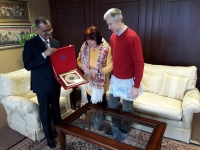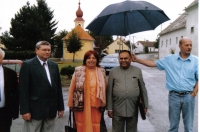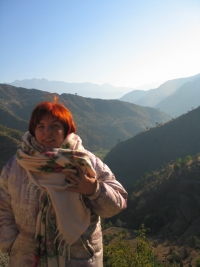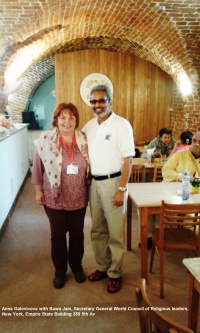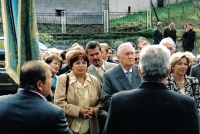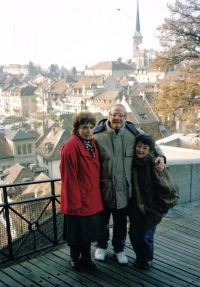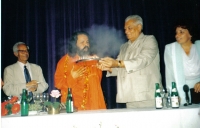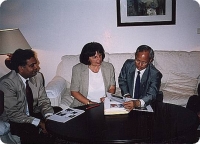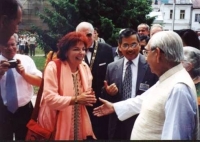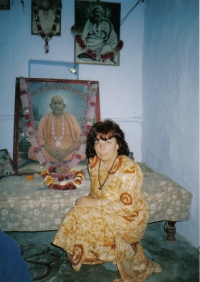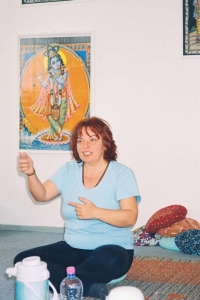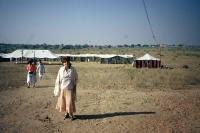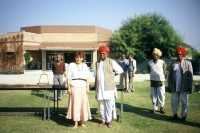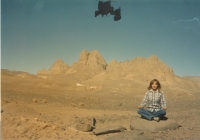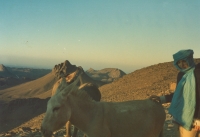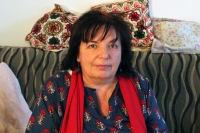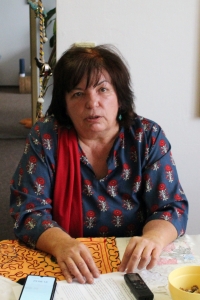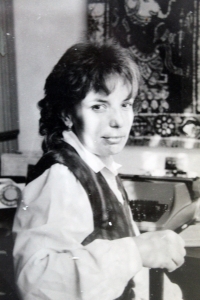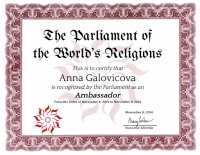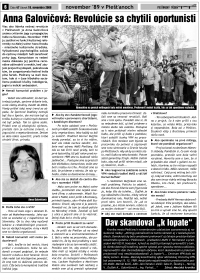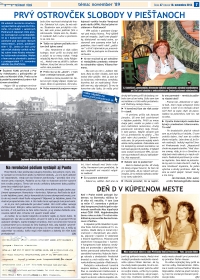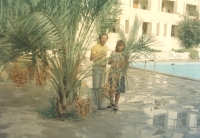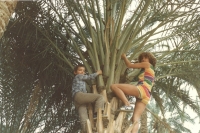“There are moments, when man must not be broken. Because then, it is very difficult to straighten the spine.”
Anna Galovičová was born on October 1, 1950 in Bratislava. She comes from the working class. At the primary school, she held the position of president of the school pioneer organization of the Czechoslovak Youth Union. She continued in this position at the secondary school of economics. The incursion of the Warsaw Pact troops captured the memorial during a trip in Bulgaria. She graduated from Karlova University in Prague with a degree in psychology. In her first year, she became interested in yoga. For this reason, she took her first interrogation at the State Security Service. At that time, she definitely realized the wrong direction of the company. She married in 1971 and took her first trip to Western Europe with her husband Peter. After graduating from school, she joined the penitentiary in Hlohovec and promoted yoga with inmates. From 1980 to 1985, she lived in Algeria, where her husband worked as a business adviser. Due to the invitation of the Indian rabbi, she was contacted by the State Security Service with the intention of forcing her to come to her homeland immediately, which it did not succeed in doing. In the same year, she traveled to India for the first time under dramatic circumstances. She also contacted the Yoga group in daily life and carried out several activities in it. She was employed as an edifying worker at the Municipal Cultural Center in Piešťany. Here, in 1989, she was caught by social changes and became the leader of the Gentle Revolution in the Piešťany region. After taking over the management of the VPN (note: Public Against Violence) another group, she won the competition for the position of director of the Municipal Cultural Center. She remained in position for two years and her next career was as a freelance psychologist. Shortly after the outbreak of the revolution, the Society of slovak-indian friendship founded the first non-profit in Slovakia. She is the boss, from its foundation. She is also active in the Slovak Network against Poverty, where she also holds the position of director. She is also the ambassadress of the Forum of world religions in Slovakia.
